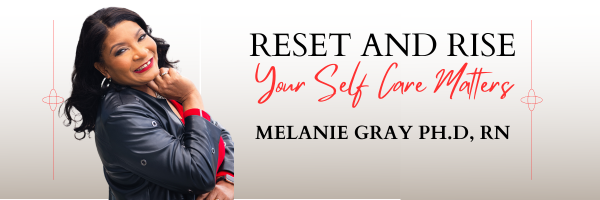
Why Am I So Tired? Understanding Fatigue During Menopause
Why Am I So Tired? Understanding Fatigue During Menopause
Excerpt from Chapter 3: The Sleep Disruption Connection
If you're lying awake at 3 a.m. for the third night this week, staring at the ceiling while your mind races through tomorrow's to-do list, you're experiencing one of menopause's cruelest ironies: you're absolutely exhausted, yet sleep feels impossible to achieve.
The most direct link between menopause and fatigue lies in disrupted sleep, and it's not just about quantity—it's about quality. Hot flashes and night sweats, affecting up to 75% of menopausal women, can jolt you awake multiple times throughout the night. Even if you don't fully wake up, these temperature fluctuations fragment your sleep cycles, preventing you from reaching the deep, restorative sleep your body desperately needs to recharge.
Here's what's actually happening: As you drift into deeper sleep stages, a hot flash hits. Your body temperature spikes, your heart rate increases, and suddenly you're kicking off covers, flipping your pillow to the cool side, or stumbling to the bathroom to splash cold water on your face. By the time you've cooled down and settled back into bed, your sleep architecture has been completely disrupted.
You might fall back asleep, but you've missed that crucial window of deep sleep—the phase where your body repairs tissues, consolidates memories, and restores energy reserves. This happens night after night, creating a sleep debt that no amount of coffee can fix.
The Hidden Hormone-Sleep Connection
Beyond the obvious disruption of night sweats, something more subtle is happening beneath the surface. Declining estrogen and progesterone levels interfere with the production of melatonin, the hormone that regulates your sleep-wake cycle. Think of it this way: your body's internal clock is running on outdated software, and it's causing system-wide glitches.
Progesterone, in particular, has natural sedative properties. As levels drop during perimenopause and menopause, falling asleep becomes harder, and staying asleep feels nearly impossible. You might find yourself wide awake at odd hours, feeling simultaneously wired and exhausted—a uniquely frustrating combination.
This isn't weakness. This isn't aging. This is your hormones fundamentally changing how your body approaches rest. And understanding this is the first step toward getting your sleep—and your energy—back.
Tomorrow's exhaustion starts with tonight's sleep. In the next chapter, we'll explore the Sleep Rescue Protocol—practical, proven strategies to help you finally get the rest your body is craving.
